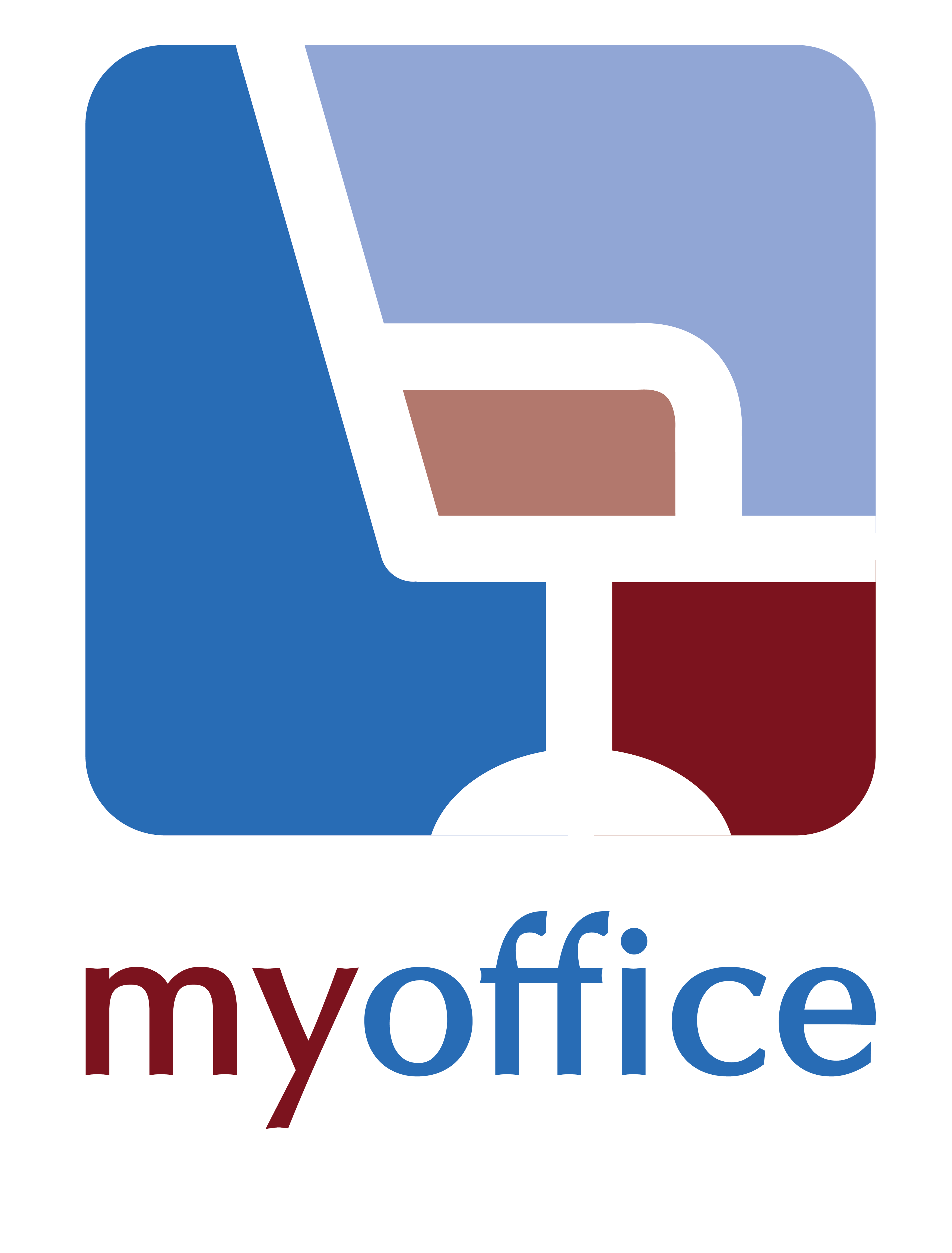What is a hashtag and what is it for?
It was first proposed in August of 2007 by designer and open web advocate Chris Messina; by mid-2009, hashtags were formally integrated as searchable hyperlinks on Twitter. They have since gained popularity across multiple social networking & microblogging sites (e.g. Facebook, Tumblr, Instagram) as well as in user comment systems on sites like YouTube and Gawker.
According to the developers at Twitter, “Hashtags mark keywords or topics in Tweets. They are composed of a single word or phrase beginning with a ‘#’ and with no spaces or punctuation.” They provide context for posts and also categorize them by topic or purpose, allowing people to follow events as well as generate online buzz.
What does it have to do with my business?
BRAND VISIBILITY & CUSTOMER FEEDBACK
The hashtag quickly caught up with new media marketers as an irresistible opportunity for both creating and monitoring their business’ visibility on social networking sites.
Since these are easily searchable, they can bring together multiple conversations about the same topic (i.e. your product/brand) from all over the globe – regardless of whether or not these people are Facebook friends or Twitter followers. It makes it easier for potential consumers to look for or hear about you online and it also gives current clients a convenient way to share information related to your brand – which can then be directly linked to other posts about you via a simple hashtag.
This creates hype and builds awareness for what your business is all about. It can also direct more traffic towards your other online pages like your official website, or your Facebook profile page.
HINT: Want to get more people to hashtag your brand? Think about what your usual customers are interested in and post them online then associate this type of content with a specific hashtag. Home Depot, for example, posts tips & tricks as well as DIY projects for home improvement accompanied by the hashtag #HDHacks. More people are willing to share information that they know will be helpful to others, as compared to Tweets that are purely for promotional purposes.
ADVERTISE PROMOS AND EVENTS
Hashtags are also a revolutionary way to get customers to actively participate in campaigns for your events and specials. In its most basic form, hashtags placed on existing advertisements for sales may be enough to get people talking about it online.
To take it a step further, offer special deals and coupons; then include hashtagging that particular promo as part of the mechanics for availing of the discount/freebie. Think about it: It’s a great way to generate consumer interest when they see family or friends Tweeting: “Yay! I get a 50% discount on all my favorite products from Business X! #BusinessXPromo”
According to marketing expert Rohit Bhargava, one creative way this can be applied is to offer big discounts if a promo is tagged in a certain number of tweets.
Several years ago, Domino’s Pizza in the UK offered 1 pence off pizza for every person who tweeted #letsdolunch during a specified timeframe. Twitter users managed to drop the price of a pizza from £15.99 to £7.74. People loved the challenge and, consequently, did all of Domino’s marketing for them. This certainly generated more hype and online buzz than if Domino had simply said that pizzas would be on a discount sale at a certain time of day.
Other businesses even sponsor hashtag-based competitions which can also be valuable incentives for people to Tweet (or FB post) about them. For instance, some television shows ask questions during the program and the winners are chosen based on their answers posted on Twitter which include the hashtag of the show.
The possibilities for this type of promotion are literally endless.
Making your own hashtag…
You have complete freedom as what hashtag you want to make – no approval committees, no registration lists. This emphasizes the need to make sure your first hashtag best represents your brand.
· Choose keywords that are short, catchy, and easy to understand. The goal is for people to be able to remember it and then search for easily.
· According to the developers at Twitter, “Be #Obvious.” If you can simply use your brand name, then use it! It should be recognizable to more than just your family and friends.
· Avoid long acronyms. (#BTDCAANLLL won’t make a lasting impression if people can’t tell what it represents.) Similarly, avoid hashtags with too many words – it’s a common pet peeve of many users to see sentence-long hashtags.
· RESEARCH your hashtag before you use it. Simply type it in the Twitter/Facebook search bar and click! When you do, the search results can vary:
o Best case scenario: It hasn’t appeared on the Twitterverse yet and your brand is free to make its mark with it.
o Not good, but not that bad either: Several other hashtags already exist with the same name or words. In fact, it’s too general that people won’t be able to distinguish it from any of the others. In this case, it’s best to revise it or else risk having no response (or seeing responses that are unrelated to your business).
o Worst case scenario: Your proposed hashtag is featured in only one other instance BUT the existing one has already gone viral due to its association with recent media events. Revisions are in order, ASAP.
Classic Worst Case Scenarios:In 2011, the bakery brand Entenmann posted the relatively innocent Tweet: “Who’s #notguilty about eating all the tasty treats they want?” HOWEVER, at that time the hashtag #notguilty was unfortunately already tied to the Casey Anthony murder trial – specifically the major controversy sparked when the jury ruled “Not guilty.” Entenmann had to publicly declare that it was a mistake, and not an attempt to make some sort of statement.
Even greater backlash was sparked when Kenneth Cole released the Tweet: “Millions are in uproar in #Cairo. Rumor is they heard our new spring collection is now available online at http://bit.ly/KCairo – KC.” This was during the fighting and revolutionary political upheaval in Cairo. Needless to say, netizens were quick to criticize the brand for marketing with no regard for cultural tact. KC promptly retracted the statement and offered their apologies, but severe damage had already been done.
promote it! Add it to your business’ posts/Tweets along with one or two additional topic-specific hashtags.
Be consistent (use the same brand hashtag over and over), because having several ones representing your business may confuse consumers who will try to search for you based on only one specific hashtag they know you use.
HINT: You can look up trending topics as well as monitor the use of your hashtag online by using social network analytics like:http://www.hashtags.org/.
Best of luck with your #Marketing!
REFERENCES:
http://www.socialmediaexaminer.com/facebook-hashtag-marketing/
http://socialmediatoday.com/node/1616156
http://marketing.about.com/od/internetmarketing/a/twitterhashtag.htm
http://www.hashtags.org/how-to/tips/how-do-you-know-if-your-hashtag-is-working/
http://blog.viralheat.com/2013/06/18/hashtags-on-facebook-how-do-they-work-and-what-you-need-to-know/
https://dev.twitter.com/media/hashtags
http://www.prdaily.com/Main/Articles/Hashtag_basics_Why_they_work_and_why_they_fail__11613.aspx
http://relevance.com/wp-content/uploads/2013/07/Hashtag-Tool-Dont-Be-One.jpg
http://www.nytimes.com/2011/06/12/fashion/hashtags-a-new-way-for-tweets-cultural-studies.html?pagewanted=all&_r=0
IMAGE SOURCES:
http://webwzrd.net/wp-content/uploads/2013/06/Hashtag_Text.jpg
http://www.empowernetwork.com/mcort/files/2013/06/how-to-define-a-hashtag.png
http://thinkbonfire.com/wp-content/uploads/2013/07/Hashtag1.jpg
http://www.thisblogrules.com/wp-content/uploads/2011/07/Hashtag-Overuse.jpg
http://tctechcrunch2011.files.wordpress.com/2013/06/hashtag-fb.jpg?w=300
http://weboutsourcing-gateway.com/blog/wp-content/uploads/2013/07/Hashtag-Facebook.jpg


